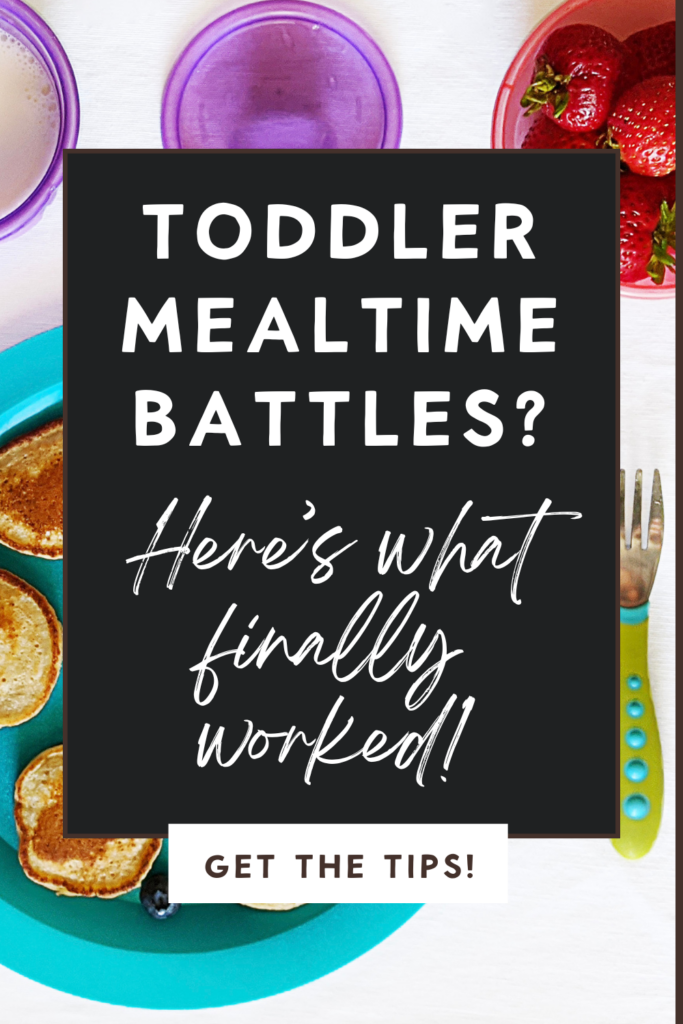Mealtime in my house is a high-stakes guessing game. At first I thought I was just an exhausted twin mom. Then I realized what they told me in the NICU… preemies often have feeding issues if they were intubated for an extended period of time.
So I began to wonder….
👉 Is this a sensory issue?
👉 Is he actually struggling to swallow?
👉 Or is my two-year-old just refusing because he doesn’t feel like it?

Some days, it’s all three at the same time, and I’d honestly rather wrestle a wild raccoon than deal with another meal meltdown.
Both of my twin boys have real feeding struggles.
- One has sensory issues that make chewing/swallowing tough.
- The other, with cerebral palsy, has poor coordination and swallowing difficulties.
But then there’s the twist.
One of them has discovered that faking his feeding struggles gets him out of eating things he doesn’t like. 🙃
The drama. The fake tears (with no actual moisture). The instant recovery when I crack a joke.
Oh. Okay. So this part isn’t medical—it’s just him being TWO.
If you’re deep in feeding therapy, medical issues, and toddler-level manipulation, welcome. Let’s talk about what actually works when you’re trying to get a medically complex kid to eat (without completely losing your mind).
🥄 Step 1: Stop Guessing. Get a Feeding Therapist.
I wasted SO much time trying different “feeding hacks” I found online.

❌ Cutting food into fun shapes? Cute, but didn’t help.
❌ Divided plates? Made my life more complicated.
❌ Trying every random “feeding tip” I could find? Exhausting.
💡 And this is where the real challenge of feeding therapy begins.
Because feeding therapy isn’t a quick fix—and honestly? It’s one of the hardest therapy journeys to stick with. Progress is slow, frustrating, and can feel like you’re spinning your wheels.
I’ve talked about why feeding therapy is so mentally exhausting and how I push through it in this post about the therapy challenges no one warns you about.
If you’re in the thick of feeding struggles and wondering if therapy is even working, you’re not alone.
The biggest lesson I learned? Feeding therapy isn’t just about getting your child to eat—it’s about understanding why they’re struggling in the first place.
Once I understood the difference between:
✔ A kid who physically cannot chew/swallow a food
✔ A kid who has sensory-based food aversions
✔ A kid who just doesn’t like carrots and is playing me
Everything got easier. A feeding therapist can pinpoint exactly what’s going on so you’re not guessing, and knowing the difference between true feeding issues and a sassy two year old is a game changer!
🕰️ Step 2: Stick to a Mealtime Routine (Even When It’s Repetitive & Boring)
Before therapy, meals in my house were an unpredictable disaster.
Some days, I’d try a spoon.
Other days, a straw.
Sometimes, a new food out of nowhere.
Guess what? None of it worked. Because medically complex kids (and toddlers in general) need structure.
Now, we do:
📌 Same chair, same time, same utensils—every day
📌 No surprises—new foods are introduced gradually
📌 No mealtime battles—if they don’t eat it, it’s okay
Why? Because predictability = less meltdowns. And less meltdowns = me not considering running away to live in the woods.
🥢 Step 3: Use the Right Tools (And Not the 50 Useless Ones I Tried First)
Listen, I have spent actual hundreds of dollars on random feeding gadgets. Most of them? A waste of money.
But these two? Worth every penny.
✅ EZ Spoon → A spoon that actually helps guide food into their mouth properly, which = less gagging, more success.
✅ Honey Bear Straw Cup → Designed to teach straw drinking, which builds jaw and swallowing strength (so, yes, it’s actually a big deal).
These were feeding therapist-approved, not just random “best toddler spoons” I found on Amazon at 2 AM in a desperate attempt to make meals easier.
👉 EZ Spoon – Get it here
👉 Honey Bear Straw Cup – Try it here
🍎 Step 4: Is It a Feeding Disorder or Toddler Drama? The Ultimate Test.
My medically complex child has real feeding challenges.
But he also has… an attitude.
So how do I know when it’s a real sensory issue vs. him just being TWO?
Here’s the test:
✔ Real feeding issue = distress, gagging, full-body refusal
✔ Toddler nonsense = dramatic crying, but suddenly fine if distracted
✔ Fake-out test? If I change the subject and he instantly stops crying, it’s not medical—it’s just him playing me.

For actual feeding difficulties, we do food chaining (gradually mixing small amounts of a new food into one they already eat).
For toddler nonsense? We ignore the drama. Because I refuse to let a two-year-old outsmart me.
(Even though it happens daily.)
🚀 Step 5: Progress is Slow, But It Happens
Feeding therapy isn’t an overnight fix.
For MONTHS, progress looked like:
🎉 Holding the spoon instead of launching it across the room.
🎉 Licking a new food but not eating it (which counts as progress, apparently).
🎉 Drinking from the Honey Bear Cup for 3 seconds instead of immediately spitting it out.
Then, one day? My son took a real bite of food and chewed it properly.
And I almost threw a freaking parade.
So if you’re in the middle of this, know this: It’s slow. It’s frustrating. But one day, you’ll see progress, and it’ll all be worth it.
📌 Final Thoughts: You’re Not Screwing This Up
Feeding a medically complex toddler is stressful, confusing, and honestly exhausting.
But here’s what I’ve learned:
✅ Feeding therapy is a game-changer.
✅ The right tools actually help.
✅ Not all refusals are medical—sometimes, they’re just being toddlers.
And if you ever wonder “Is this a real issue or just toddler nonsense?”—congrats, you’re officially one of us.
👉 Tell me in the comments: What’s worked (or NOT worked) for your medically complex kid? Let’s swap war stories.
